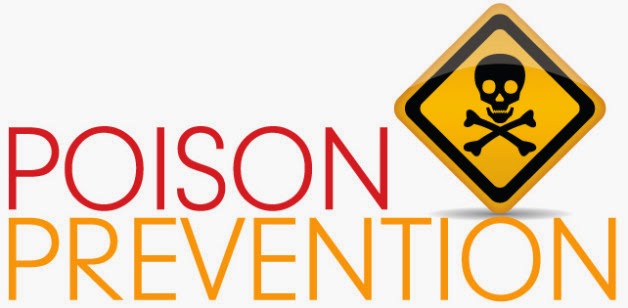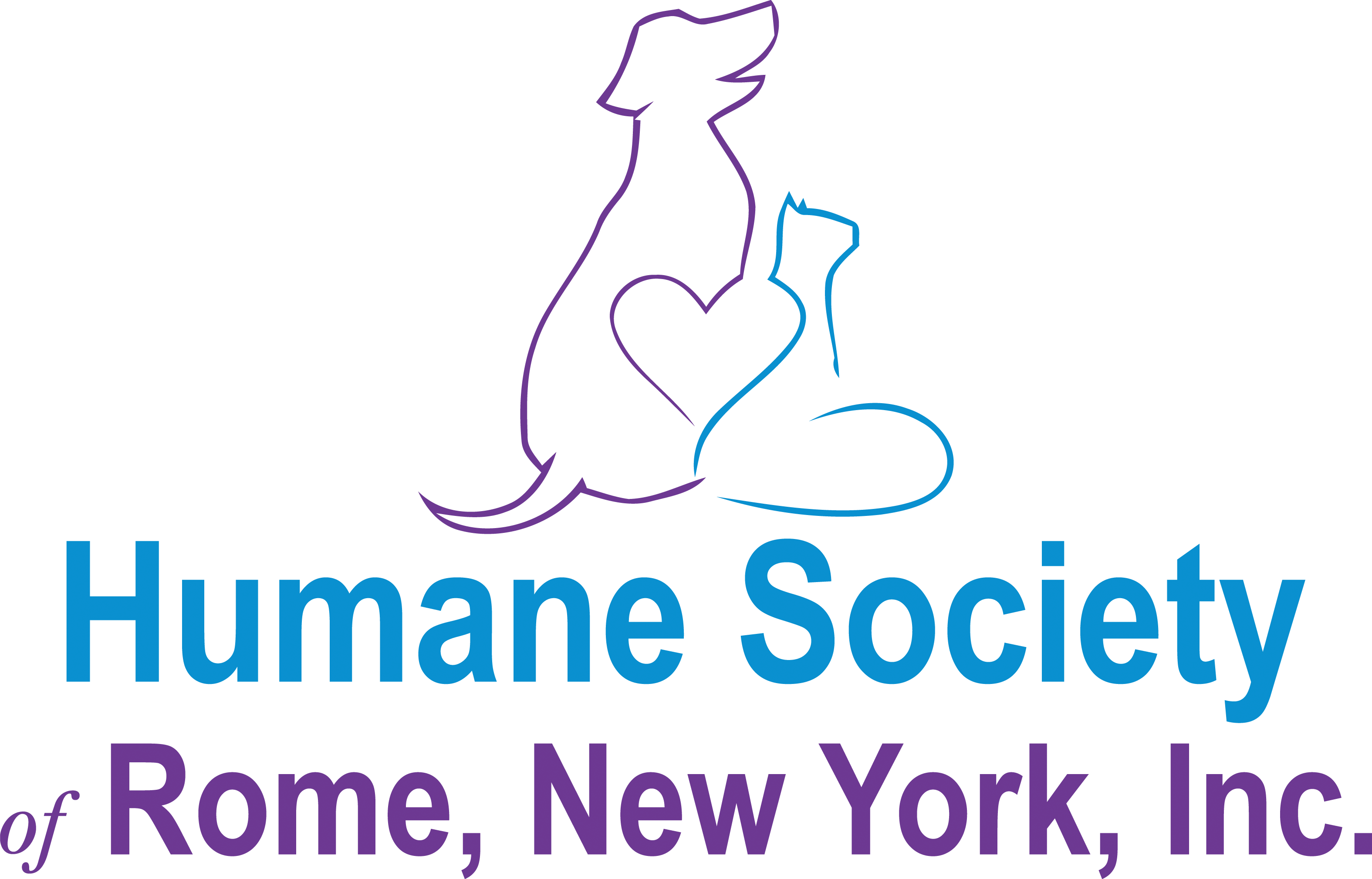
Animal family members are likely to get into a lot of things, both inside and outside of the home. A curious puppy or kitten may gobble up a dropped pill or even get into and ingest toxic under the sink cleaning supplies. From foods and plants that are dangerous for pets to eat to human medications and toxic chemicals, there are a number of poisonous things that can be ingested requiring you to take immediate emergency action.
Foods
– Alcoholic beverages
– Avocado
– Chocolate (all forms)
– Coffee (all forms)
– Fatty foods
– Macadamia nuts
– Moldy or spoiled foods
– Onions, onion powder
– Raisins and grapes
– Salt
– Yeast dough
– Garlic
– Products sweetened with xylitol
Household Items
– Antifreeze
– Liquid potpourri
– Ice melting products
– Rat and mouse bait
– Fabric softener sheets
– Mothballs
– Post-1982 pennies (due to high concentration of zinc)
Medication
– Pain killers
– Cold medicines
– Anti-cancer drugs
– Antidepressants
– Vitamins
– Diet Pills
Holiday Hazards
– Christmas tree water
– Electrical cords
– Ribbons or tinsel
– Batteries
– Glass ornaments
Warm Weather Hazards
– Animal toxins-toads, insects, spiders, snakes and scorpions
– Blue-green algae in ponds
– Citronella candles
– Cocoa mulch
– Compost piles or fertilizers
– Some outdoor plants and/or plant bulbs
– Swimming-pool treatment supplies
– Fly baits containing methomyl
– Slug and snail baits containing metaldehyde
For a complete list of poisonous pet items you can visit the following sites:
Keep a pet poison safety kit on hand for emergencies.
Your kit should contain:
– A fresh bottle of hydrogen peroxide 3% (USP)
– Can of your pet’s favorite wet food
– Turkey baste, bulb syringe or large medical syringe
– Saline eye solution to flush out eye contaminants
– Artificial tear gel to lubricate eyes after flushing
– Mild grease-cutting dishwashing liquid for the animal after skin contamination.
– Rubber gloves
– Forceps to remove stingers
– Muzzle (Remember, an excited animal may harm you.)
– Pet carrier
If You Think Your Animal Is Poisoned. In spite of your best efforts, your animal may accidentally become poisoned. Being prepared can save your pet’s life. Know your vet’s procedures for emergency situations, especially ones that occur after business hours. Keep phone numbers for your veterinarian, the ASPCA Animal Poison Control Center, and a local emergency veterinary service in a convenient location.
Call the ASPCA Animal Poison Control Center’s 24-hour emergency hotline at (888) 426-4435.
